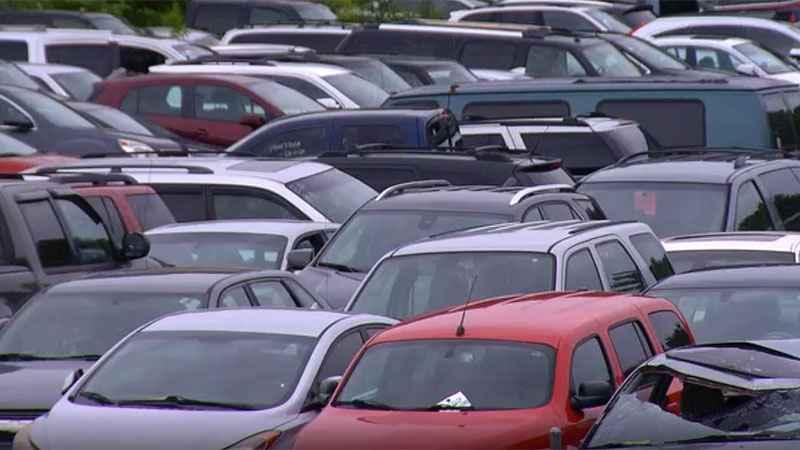Long-awaited changes coming to Minnesota’s controversial forfeiture law
[anvplayer video=”5040907″ station=”998122″]
Lawmakers from both sides of Minnesota’s divided legislature are celebrating new limits on a controversial state law that allows police to take cash and property connected to criminal activity — even if the owner is not actually charged with a crime.
The passage of a compromise public safety bill this week includes changes to Minnesota’s forfeiture law, which has been the target of national criticism.
A 2020 report on forfeiture from the nonprofit Institute for Justice gave the state a failing grade of "D," in part, because half of all cash seizures were less than about $600.
One of the changes seeks to block police from taking any amount of cash less than $1,500.
"That could be toward someone’s rent money, that could be towards food," said State Rep. Kelly Moller, DFL-Shoreview, who authored a House bill calling for the reforms. "What we were finding was that most of the forfeitures were really small dollar amounts and weren’t these ‘kingpin’ types of cases."

[KSTP]
The new law also restricts when police can seize someone’s vehicle through civil forfeiture.
Last year, a 5 INVESTIGATES review of statewide data found police agencies took close to 14,000 vehicles, generating nearly $10 million for those departments in just three years. Additional changes to forfeiture enacted this week would streamline the process for people to challenge those seizures in court.
State Rep. Eric Lucero, R-Dayton, said his support of forfeiture reform was about protecting the private property rights of Minnesotans.
"When the government confiscates the property of a citizen, there needs to be a clear path to get that property back," Lucero said.
Jason Flohrs, state director of the conservative Americans for Prosperity, also welcomed the changes.
"For decades, Minnesota’s forfeiture laws violated our constitutional right to due process," Flohrs said. "We’re pleased to finally see movement that will refocus use of civil forfeiture on the assets and profits of large-scale criminal enterprises, while limiting its disproportionate use against those in low-income communities."
Other changes include requirements for law enforcement agencies to report how they spend the money they get through state and federal forfeiture.
DFL state auditor Julie Blaha said the bipartisan agreement on forfeiture should give Minnesotans hope for the future.
"People across the political spectrum, from the ACLU to law enforcement, came to agreement here," Blaha said. "Forfeiture… I think we can agree has a value, but we also can agree that it can be damaging if it goes too far."
Other advocates who have called for forfeiture reform in Minnesota are less optimistic about the changes. Lee McGrath, senior legislative counsel for the Institute for Justice, supported an alternative proposal to eliminate civil forfeiture completely.
"The House DFL… watered it down, will claim that they have solved the problem," McGrath said. "And what will happen is that it will require two or three or four years of state auditor reports to prove how weak this bill is."
While forfeiture can often be complicated and confusing, Julia Decker, the policy director for ACLU of Minnesota, said it deserves to be part of a larger discussion about justice reform in the state.
"Many people have encounters with police that are not deadly but do have incredibly deep and long-lasting impacts on their lives," Decker said. "When you potentially get pulled over by the police for something that may feel relatively minor, there is always the prospect that your property can be seized."
The changes to forfeiture law in Minnesota will take effect in 2022.